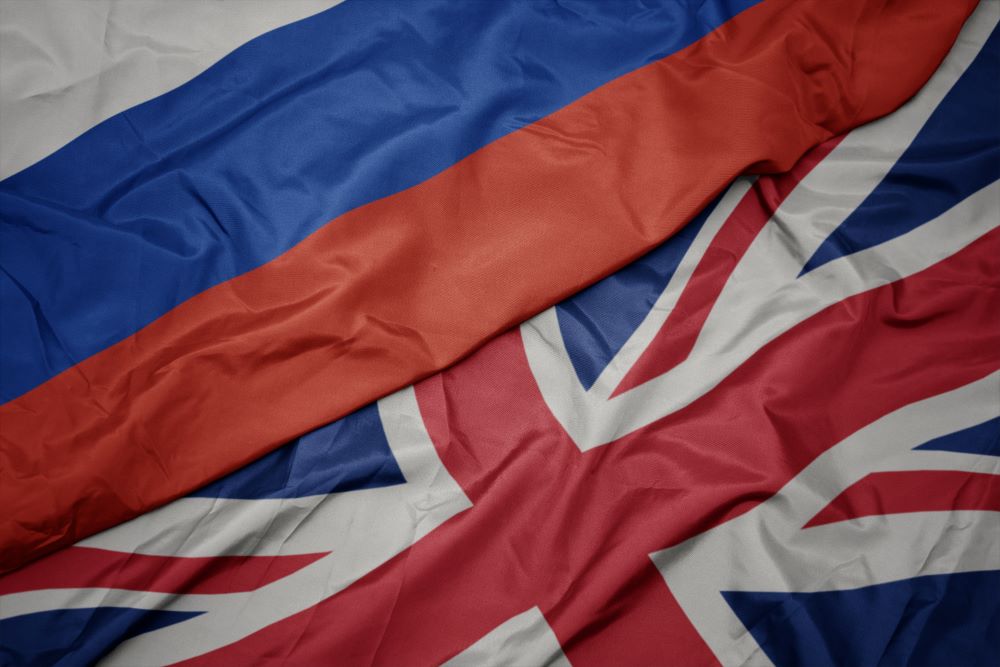
The UK and US have announced that Russian-produced aluminium, copper and nickel will no longer be traded on the London Metal Exchange (LME) and Chicago Mercantile Exchange (CME).
Metals represent Russia’s second most exported commodity after energy and were valued at US$25bn in 2022.
Although their value dropped to $15bn in 2023 as a result of G7 efforts to hamper Russia’s economy following Putin’s invasion of Ukraine, the UK and US have sought to further hinder Russia’s metals trade in an attempt to further limit funding for the war.
“Disabling Putin’s capacity to wage his illegal war in Ukraine is better achieved when we act alongside our allies,” said Chancellor Jeremy Hunt.
“Thanks to Britain’s leadership in this area, our decisive action with the US to jointly ban Russian metals from the two largest exchanges will prevent the Kremlin funnelling more cash into its war machine.”
Key role
Metal exchanges like LME and CME play a “central role in facilitating the trading of industrial metals around the globe”, the UK government said in a statement on Friday (12 April).
LME and CME have warehouses around the world and set global benchmark prices for the trade of base metals.
The government said that existing stock of Russian metals on LME and CME can still be traded and withdrawn to “minimise the risk to market stability”. No new copper, aluminium or nickel can be traded on the exchanges, however.
LME guidance
Since the government’s statement on Friday, the LME has issued its own guidance on the application of the new prohibition.
It said LME, LME Clear, its UK members and UK clients can continue to acquire Russian warrants as long as the metals were produced before 13 April, but ‘UK persons’ will be prohibited from acquiring any metals produced after this date.
Impact
Russia provides around 6% of the world’s aluminium, 5% of its nickel and 4% of its copper, according to figures from CRU Group reported in the FT. Over 90% of aluminium inventories at LME sites are Russian, the exchange’s latest data shows.
Data reported by Bloomberg today (15 April) shows that prices for the metals have surged following the new sanctions.
Aluminium prices increased by 9.4% at one point this morning, with nickel up 8.8%. Prices have receded a little since and remain subject to fluctuations.
Old metals concern
Bloomberg notes that there are concerns that old Russian metal could still be flooded onto the exchanges, adding that the prohibitions only include deliveries to the exchanges rather than the “much larger quantity” of the metals that are bought, sold and shipped outside of LME or CME warehouses.
“The measures are not meaningfully targeting physical trade of units outside the LME warehouse system, which should moderate the scale of the price impact,” Citigroup Inc analysts have said in a note seen by Bloomberg.

